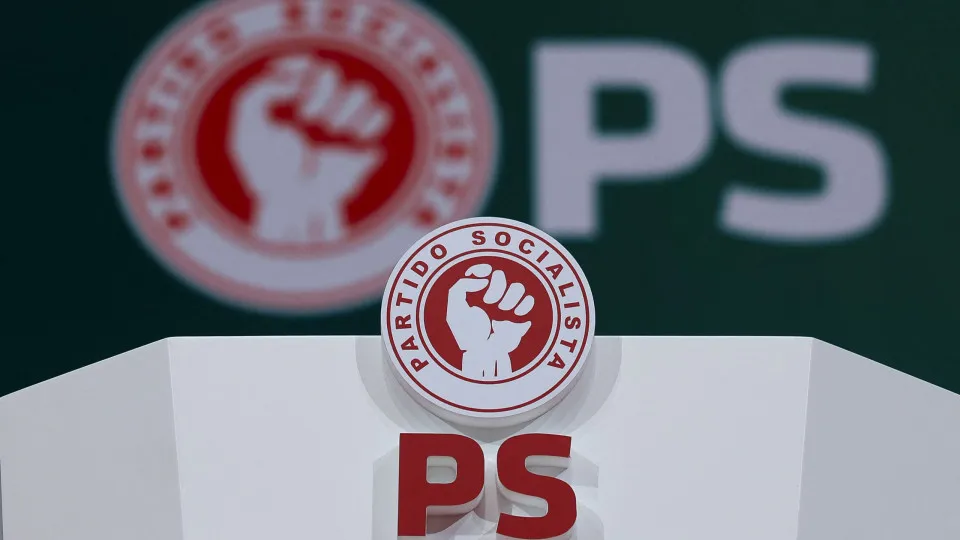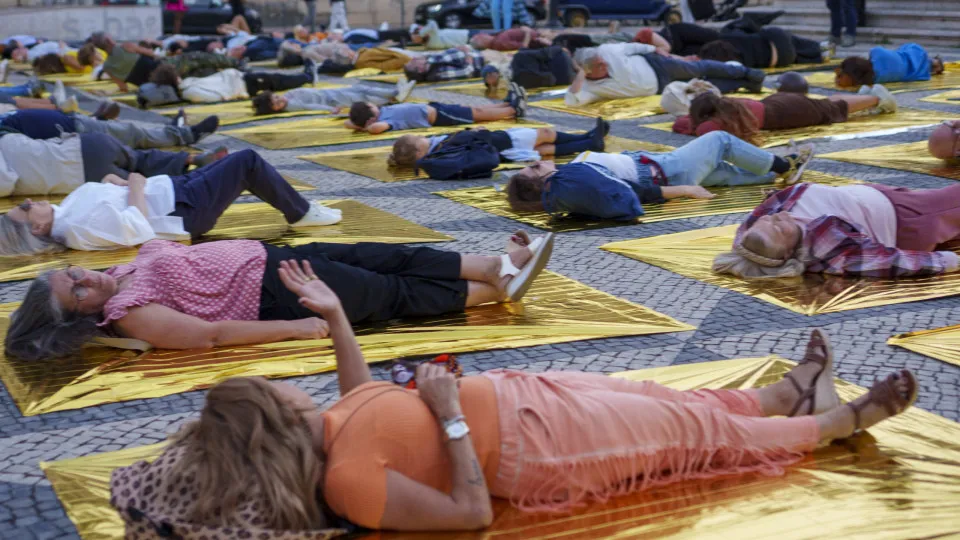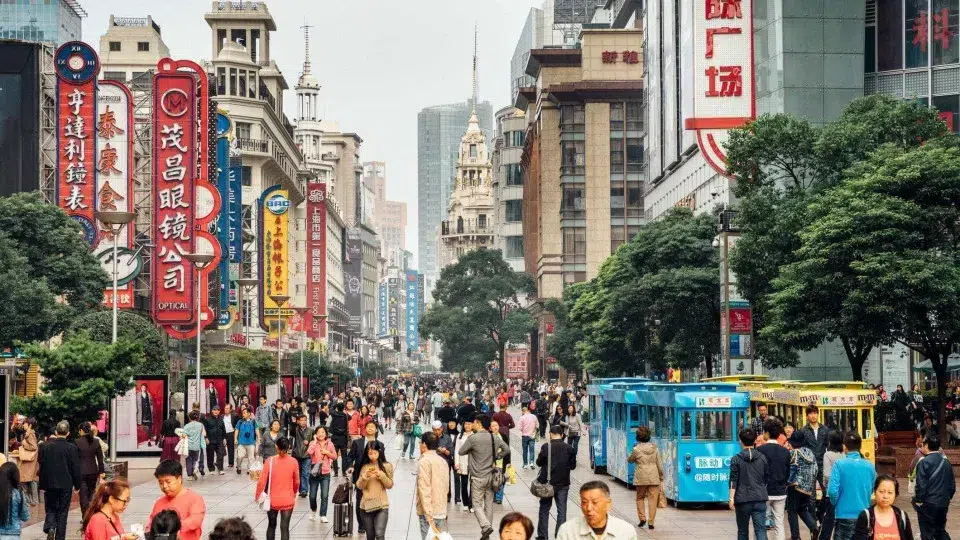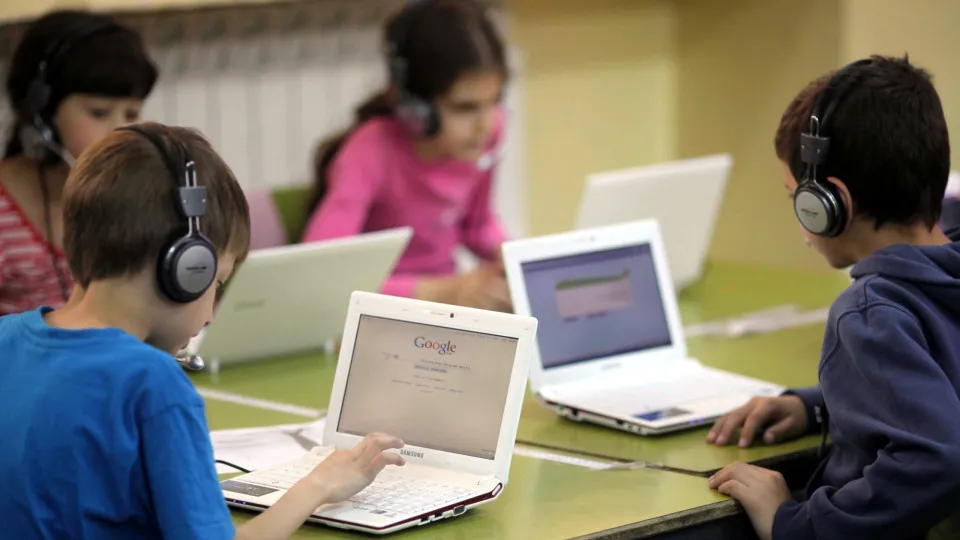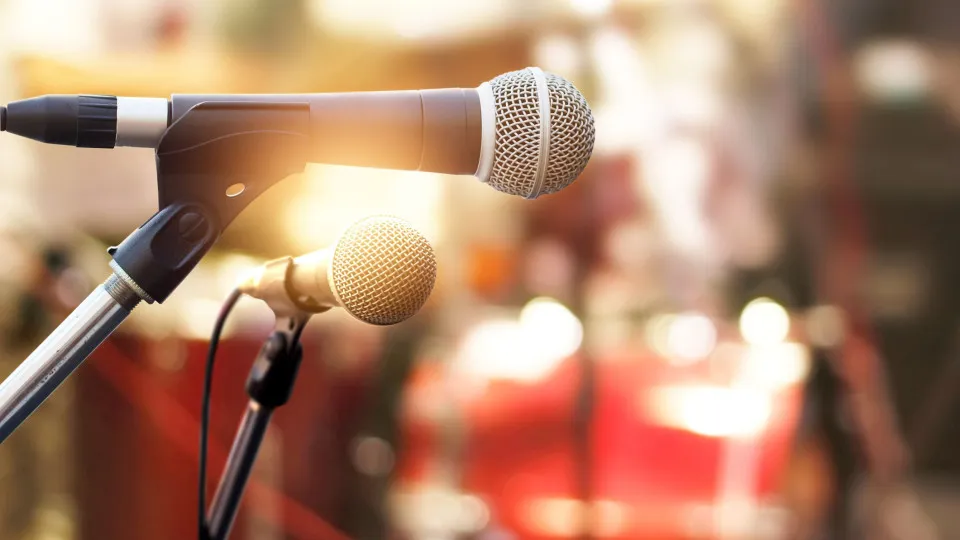
‘Contrafação’, released today in digital and CD format, is the product of a “simplification process in progress” from album to album, Luis Varatojo stated, referencing a well-known expression (Revolutionary Process in Progress), “but in this case adulterated.”
The album, released today, is the third from the Luta Livre project and the first truly solo effort, with Luis Varatojo playing acoustic guitar, synthesizers, and being the sole vocalist.
The musician recalled that in the first album, ‘Técnicas de Combate’ (2021), he experimented a lot, “especially in the area of sampling, sampling jazz records.”
“The songs were constructed bit by bit. Each is very different from the others because they resulted from these sounds I recorded and captured. I ended up inviting a series of people to give voice to some of the themes, so I called it ‘Técnicas de Combate’, because there are various different approaches,” he explained.
In the second one, “Defesa Pessoal” (2023), he picked up the electric guitar, more related to his background as a musician, invited instrumentalists — percussionists, an accordionist, and the Gospel Collective choir. “We made written arrangements for a number of songs. And there was already some simplification and a difference from the other album,” he said.
The three albums “share this common path.” “They start off complicated and then the tendency is to end up more simply. That is always the goal because less is more and simplicity always manages to better synthesize ideas and allow for better communication.”
Besides having the same simplification process on each album, Luis Varatojo believes that the same happens in transition from one to the other.
“[In ‘Contrafação’] I arrived at a much simpler album with much fewer arrangements, with fewer instruments, and I liked the result. I could have added Portuguese guitars, which I also play, choirs, other instruments, because there are songs that might even call for it, but then I thought I should keep it raw as it appeared.”
The result is three “quite different albums, precisely because they were quite different composition processes.”
The decision to make an album entirely with acoustic guitar, to which he added some synthesizers, came naturally after two concerts he did at the invitation of the Festival Política, in Lisbon and Coimbra.
“The festival had neither the stage nor the budget for a full band and challenged me to do a more acoustic set. I ended up taking songs from the other albums and did a series of arrangements with acoustic guitar and synthesizers. As I liked the result, when I started working on what I had written for music, I took up the acoustic guitar and started building them like that,” he said.
Luis Varatojo shared that he had even started two songs in the same format as the previous album, but after the concerts at the festival, he ended up scrapping them and reverting them to the final format of “Contrafação,” maintaining the lyrics.
“Things work like this, they happen. What matters is that when I sit down or start working, I find some sonority that moves me forward, that gives me joy, that gives me pleasure. That’s why I don’t like making two albums the same.”
In the new album, consisting of ten songs, Luis Varatojo sings more about “behaviors, rather than perhaps more direct issues as in the previous album,” where he sings, for example, that “prices rise and no one can bear it,” or that “the worker is exploited,” and “the new idea, which is no longer new, that everyone can climb the social elevator.”
From lyrics with themes “much more related to pure and hard politics,” Luis Varatojo moved to others written based on what he observes on the street, in interactions with others.
“This album has more to do with behaviors, with what we are, and with Portugal. With what we were and what we are now. Obviously, they are stories I have contacted, it has to do with me, but it ends up having to do with all of us. It’s a vision, it’s a portrait, a ‘Polaroid’ of what I observe,” he said.
This vision came to ‘life’ thanks to support from the Portuguese Society of Authors (SPA), without which “Contrafação” would have been more challenging to release.
“Recording would be possible, I have a small studio, but everything else would be more difficult — mixing, mastering, graphics, some promotion. The support from SPA is very important, and it allows me and others to continue working and putting work on the market,” he stated.
This time, in addition to the digital format, the Luta Livre project’s album is only available on CD, and the reason is simple: “The vinyl trend caused vinyl prices to inflate dramatically.”
“At the moment, the price of a vinyl is not popular, so I decided not to go along with that idea. I don’t think it’s popular, and the music is popular,” he said.

